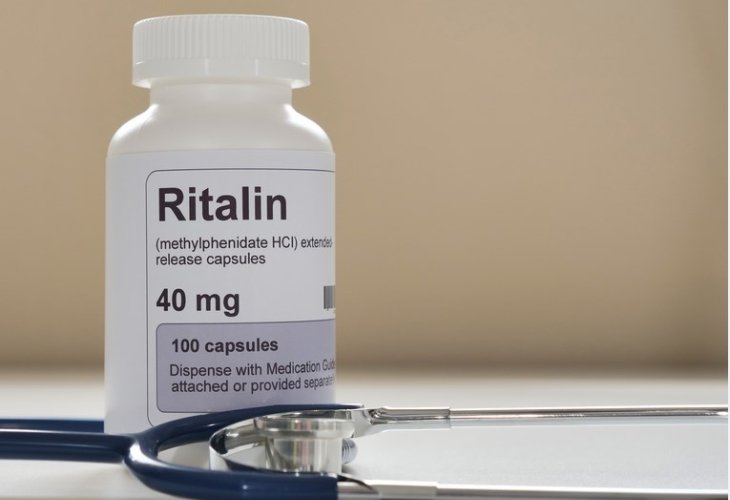Navigating Shabbat with ADHD Medications: What You Need to Know
Is it permissible to give ADHD medication on Shabbat if it affects the ability to enjoy Shabbat meals?
 (photo: shutterstock)
(photo: shutterstock)My 12-year-old son takes medication daily for ADHD to function properly. I'm unsure if he can take it on Shabbat, as it nearly eliminates his appetite, preventing him from enjoying Shabbat meals. Is there a difference between children before and after Bar Mitzvah?
It's written "and call Shabbat a delight," leading sages to teach that it's a mitzvah to delight in Shabbat with foods and drinks one enjoys. Therefore, a father is also required to educate his young children, starting at age six or seven, to partake in three meals on Shabbat, helping them observe the mitzvah of "Shabbat delight" when they reach Bar Mitzvah age. Consequently, it would typically be advisable to avoid medication affecting appetite.
However, since the purpose of eating Shabbat meals is to create "Shabbat delight," if eating causes distress, such as in the case of someone who fasts all week and finds eating distressful on Shabbat due to habit change, they are allowed to fast, even if it means not observing the mitzvah of Shabbat meals. Similarly, for a child with ADHD, if skipping medication causes distress to him and his family, he can take the medication on Shabbat, even if it leads to loss of appetite and missing the mitzvah of Shabbat meals.
This applies to those below Bar Mitzvah age. For those older, giving the medication is only permissible if not taking it causes distress to the child himself. If it only causes distress to the family due to behavior, or if the child wants to take it for better concentration on studies or prayers, it should not be taken. Instead, the medication should be administered after the morning Shabbat meal, ensuring the child can eat at least a portion of cake or fruit during the third meal.
In summary: It is permissible to administer medication on Shabbat to a child below Bar Mitzvah age, even if it leads to appetite loss and missing Shabbat meals. For those older, it's allowed only if not taking it causes the child distress. If the child experiences no personal distress without the medication, it should be given after the Shabbat meal. (For further details and sources, see the book "Kedem Rav," halachic section – Shabbat laws).
Rabbi Moshe Shmuel Dayan is the author of the upcoming book "Kedem Rav."

